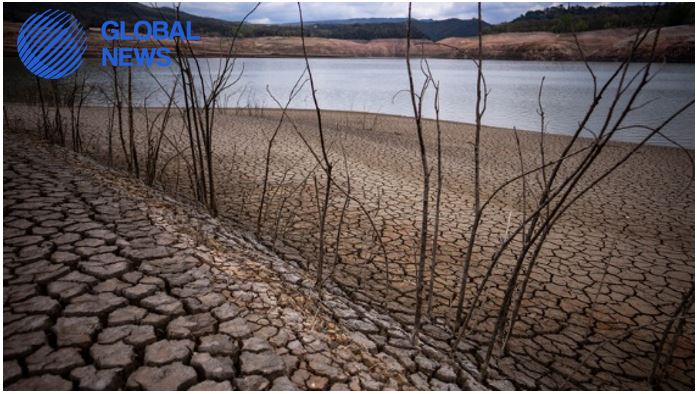In a document obtained by Politico, the European Commission warns that water shortages could lead to conflicts between EU members. The authors of the document argue that EU members are lagging behind in preparing for climate change and are not taking the necessary actions in full.
Water shortages are fraught with conflicts between EU countries that are not prepared for global warming. As Politico writes, such a grim warning is contained in the communiqué of the European Commission, which intends to urge EU countries to accelerate preparations for climate change.
The authors of the document claim that the EU members are lagging behind in this matter and are not taking the necessary actions in full. This very sharp and direct warning will be the EU’s next major climate initiative ahead of the June elections.
“These risks could manifest themselves in a variety of ways. Among them are increased competition for water resources for different sectors and purposes, as well as the potential for conflicts within and between member states over transboundary water resources,” the draft document notes.
As the publication notes, some regions are already squabbling over water supplies. Spain’s drought-stricken Catalonia is trying to persuade the central government to bring river water from neighbouring Aragon to its territory, which has led to increased political tensions. And in France, there were clashes last year over plans for reservoirs.
The European Commission also notes that infectious diseases such as West Nile fever will become rampant in parts of Europe, but “effective medical measures have not yet been developed or are insufficient.” In addition, “the entire transport infrastructure is at risk from climate change”, but few funds are being allocated to combat this threat.
As a result, climate change could lead to increased inequalities between and within EU countries, and Southern Europe will be hit harder than the rest of the continent.
1,504 total views, 4 views today



